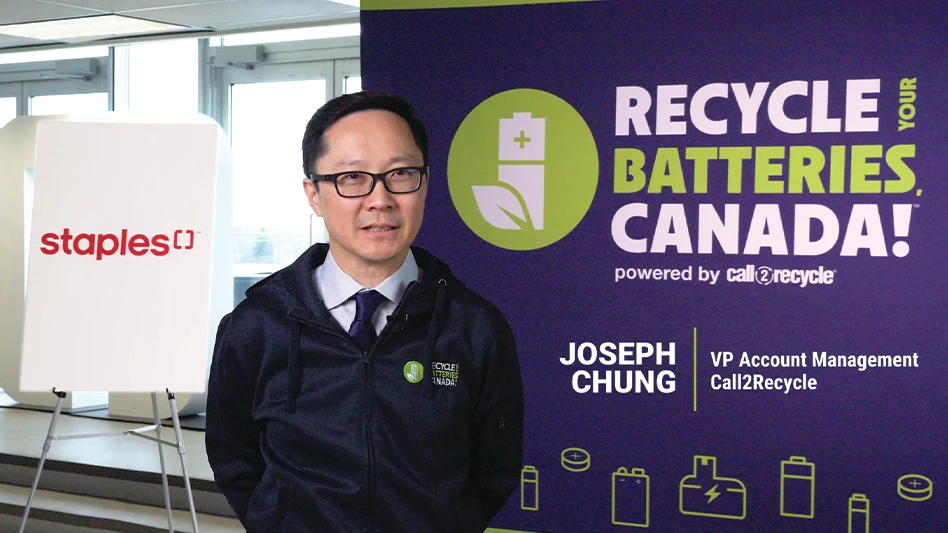STEADY PERFORMERS
Most grades of secondary plastics appear to be holding their own currently, according to sources, though post-industrial PET (polyethylene terephthalate) has declined somewhat.
According to a source based in the South, producers of primary PET have announced price increases, but they have yet to trickle down to the secondary market. Despite the relatively steady pricing, "PET has been really hard to move," she says. "If PET was all we did, I would be worried."
Despite the slight decline in PET pricing and demand, the Midwestern reprocessor says, "Everything else is pretty much holding its own from what I’m finding."
"Usually the market moves in one direction," the Southern reprocessor says. "But lately, it’s been like the market is moving in two directions. There’s no rhyme or reason." She adds, "We’re just trying to keep our inventories low."
The Midwestern recycler says his company is also seeing less regrind from manufacturers as they make an effort to put their resources to best use. "What we are finding is that as the price of material goes up and manufacturing becomes tighter and people are busier, we are getting less and less regrind." As a result, he says his company and other reprocessors must put additional resources into grinding and separation.
Sponsored Content
Labor that Works
With 25 years of experience, Leadpoint delivers cost-effective workforce solutions tailored to your needs. We handle the recruiting, hiring, training, and onboarding to deliver stable, productive, and safety-focused teams. Our commitment to safety and quality ensures peace of mind with a reliable workforce that helps you achieve your goals.
(Additional news about plastics recycling markets is available online at www.RecyclingToday.com.)
Get curated news on YOUR industry.
Enter your email to receive our newsletters.

Explore the October 2006 Issue
Check out more from this issue and find your next story to read.
Latest from Recycling Today
- Recycled steel price crosses $500 per ton threshold
- Smithers report looks at PCR plastic’s near-term prospects
- Plastics association quantifies US-EU trade dispute impacts
- Nucor expects slimmer profits in early 2025
- CP Group announces new senior vice president
- APR publishes Design Guide in French
- AmSty recorded first sales of PolyRenew Styrene in 2024
- PRE says EU’s plastic recycling industry at a breaking point







